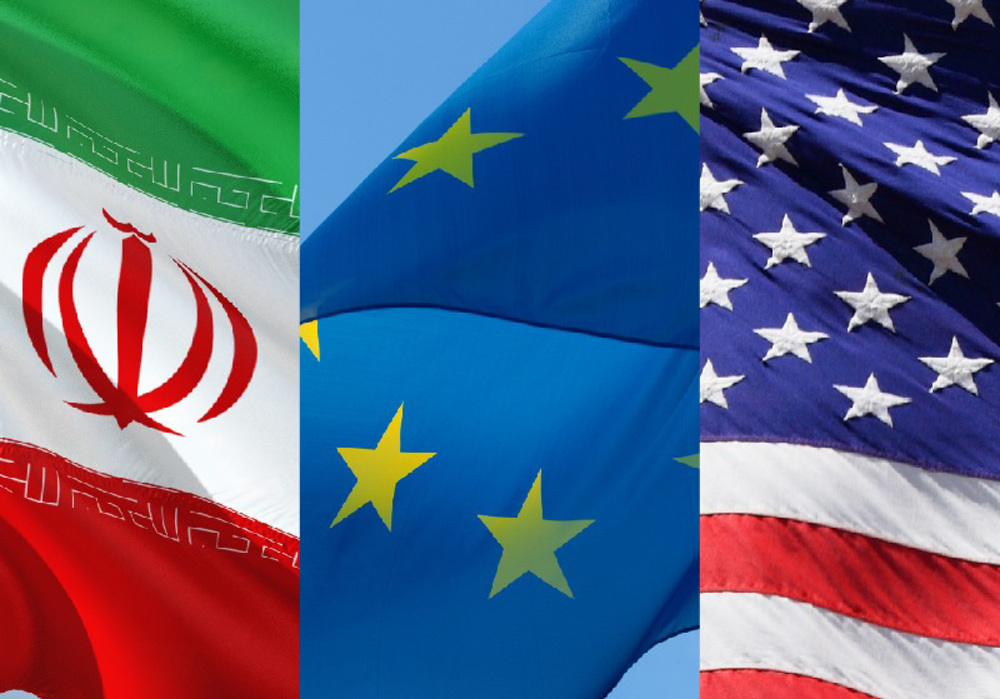Catalonia sets September 27 for early parliamentary polls
President Artur Mas of Spain’s autonomous Catalonia region has signed a decree calling for early regional elections next month, polls he has said will serve as a proxy vote on independence from the mainland.
The decree, which was signed by Mas late Monday, set September 27 as the date for the regional parliamentary polls in Catalonia, without referring to independence for the wealthy region, located in northeastern Spain.
However, Mas and his allies have made it clear that if pro-secession parties win a majority, they will aim to split from Spain within 18 months.
“Politically, they will not be normal elections, politically they are a plebiscite on Catalan freedom and sovereignty,” he said of the upcoming parliamentary vote.
This is while Spain’s conservative central government fiercely rejects the idea that the Catalan elections should be interpreted as a referendum on independence.
Reacting to the signing of the decree, Spanish Deputy Prime Minister Soraya Saenz de Santamaria said that, under the constitution, the parliamentary vote can only be about selecting a new Catalan parliament.
“In a regional election one chooses lawmakers for the regional parliament, who in turn elects a president of the region. This is what citizens are deciding with this vote and nothing else,” she told a news conference earlier on Monday right.
In July, pro-independence Catalan parties set aside their political differences and agreed to run on a joint ticket in the regional polls, breathing new life into the pro-secessionist movement.
The joint list, called “Together for Yes,” is supported by Mas’ ruling CDC Party, the left-wing separatist ERC and other factions.
Last month, separatists in Catalonia announced readiness to declare unilateral independence in case the Madrid government torpedoes a secession process they hope to launch in September’s regional elections.
Catalonia is home to 7.5 million people and accounts for a fifth of Spain’s economic output.
Many Catalans believe their economy would be more prosperous on its own, complaining that a high portion of their taxes go to the central government in Madrid.

Europe sidelined in indirect Iran-US talks

Spain granted 46 contracts to Israeli military firms since Gaza war began: Report

Spain cancels arms deal with Israeli company over Gaza aggression
VIDEO | Press TV's news headlines
VIDEO | India-Pakistan tensions escalate after deadly Kashmir tourist attack
Iran FM, IAEA chief discuss latest state of cooperation
US airstrike on Yemeni capital kills 8 people
VIDEO | Iran multilayered diplomacy
VIDEO | Press TV's news headlines
Iran more than halved its power grid losses to 10% in 16 years: Expert
Abbas names likely successor in move deemed ‘illegitimate, divisive’







 This makes it easy to access the Press TV website
This makes it easy to access the Press TV website